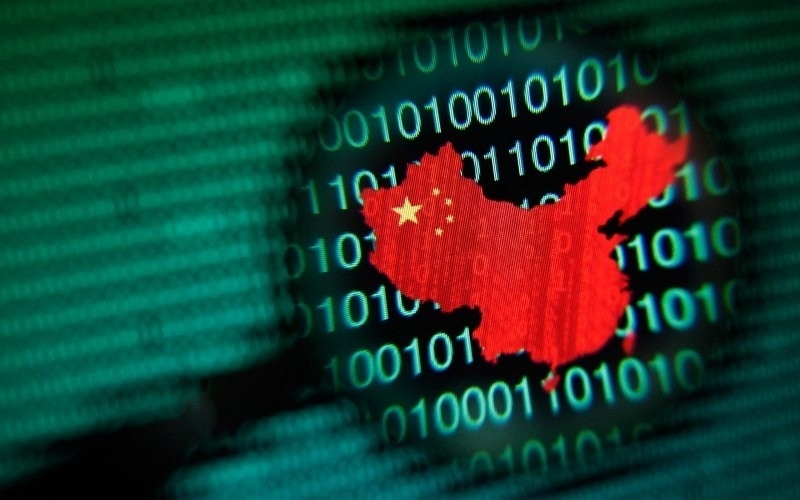China's Ministry of Public Security (MPS) announced this week that it has arrested 15,000 people for alleged crimes that "jeopardize internet security," as the government cracks down on illegal online activities and tightens its control over the country's internet.
Authorities launched a six-month operation in July called "Operation Clean Internet" that targeted cybercriminals. Police have investigated more than 7400 cases of suspected cybercrimes, including online fraud, hacking, illegal sale of information and the promotion of gambling, although some cases date back several months before the operation began.
"For the next step, the public security organs will continue to increase their investigation and crackdown on cyber crimes," the ministry said on its website.
Several of the recent arrests were related to last week's explosions in the port city of Tianjin; police detained a man who exaggerated the blast's death toll, and a woman was also detained for seeking public donations after falsely claiming that her father was killed in the accident.
In an effort to control what is published online, Beijing requires bloggers to register with the government and even use their real names on the web. Authorities have made an increasing number of arrests for 'rumor-mongering' since President Xi Jinping assumed office in 2013, although the MPS announcement did not mention any such cases.
China's online censorship mechanism, 'The Great Firewall', already gives the government a tight rein over what its citizens view online; foreign news and social media sites such as Google, Facebook and Twitter are blocked in the country, along with any material which criticizes the ruling Communist Party. A number of virtual private networks that had been used in the past to access these blocked sites have also been disabled since the start of the year.
The country recently announced plans to tighten cybersecurity even more, by placing police officers in the offices of major internet companies.
